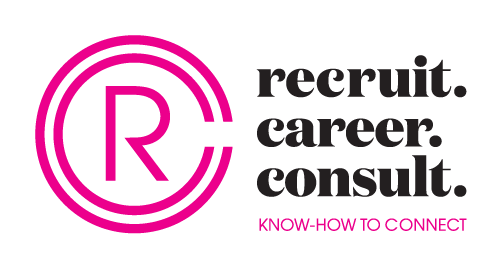In today’s job market, career changes are common, even at senior levels. Moving industries may seem daunting, but with the right approach and focus on transferable skills, it can be an exciting opportunity for growth. Whether you’re shifting from luxury retail to luxury hotels or from fast food to broader hospitality, your experience can be your greatest asset.
Recognising Your Transferable Skills
Certain skills are universally valued. When transitioning careers, it’s crucial to identify these and communicate them effectively. Key transferable skills include:
- Customer Experience & Service Excellence – Luxury retail professionals understand high-net-worth clients, anticipate needs, and deliver exceptional experiences—highly relevant in luxury hotels and high-end hospitality.
- Leadership & People Management – Senior professionals bring expertise in team leadership, training, and performance management, which translate well across industries.
- Sales & Revenue Growth – Whether in retail or hospitality, skills in upselling, cross-selling, and revenue maximisation drive business success.
- Operational Efficiency – Professionals in fast food or retail excel in fast-paced environments, optimising operations, controlling costs, and enhancing productivity.
- Crisis Management & Problem-Solving – Handling customer complaints, managing high-pressure situations, and making strategic decisions are key skills transferable across industries.
Reframing Your Experience for a New Industry
Once you’ve identified your transferable skills, the next step is to communicate them effectively on your resume and in interviews.
Here’s how:
- Tailor Your Resume – Highlight key achievements that demonstrate leadership, financial impact, and customer engagement rather than focusing solely on industry-specific experience.
- Rebrand Your Professional Profile – Update LinkedIn and cover letters to reflect your readiness to transition, using industry-relevant language.
- Leverage Your Network – Connect with professionals, join relevant associations, and attend networking events for insights and referrals.
- Upskill If Necessary – Consider short courses, certifications, or industry workshops to bridge the gap and add credibility.
Real-Life Career Transitions
- Luxury Retail to Luxury Hotels – A senior store manager from a high-end fashion brand transitioned into hotel operations, leveraging VIP client service, staff training, and revenue generation experience.
- Fast Food to Hospitality – A multi-site manager from a fast-food chain stepped into a regional operations role for a premium restaurant group, bringing expertise in cost control, high-volume service, and leadership.
- Retail Buying to Hotel Procurement – A luxury retail buyer transitioned into a procurement role for a luxury hotel chain, applying negotiation and supplier management skills.
Final Thoughts
Changing industries isn’t about starting over—it’s about repositioning your experience to align with new opportunities. By leveraging transferable skills, refining your professional branding, and networking strategically, you can successfully transition and thrive in a new industry.


